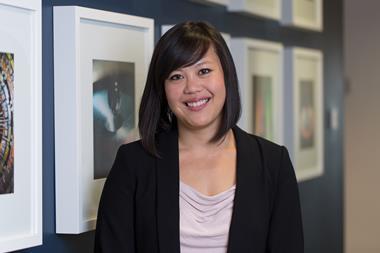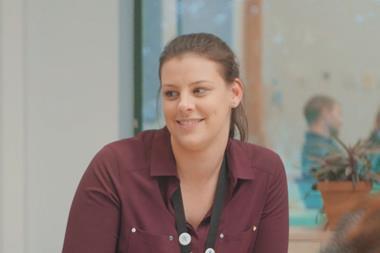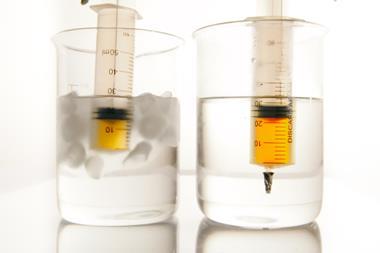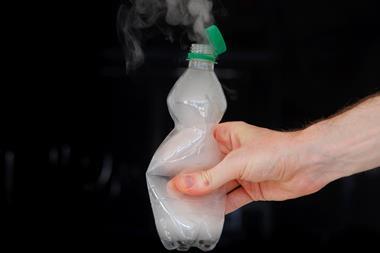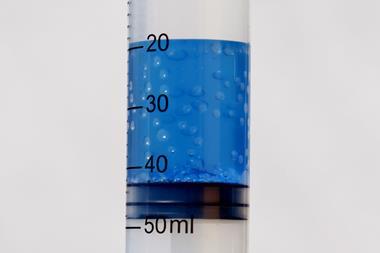Everything you need to know
-
- Salary range: £25–40k
- Minimum qualifications: Degree-level qualifications (including master’s). Undergraduate science degree. Science communication degrees and apprenticeship routes are also available. Master’s, short courses and programs are available to learn how to communicate scientific topics effectively. Experience like volunteering at events, creating your own videos, blogging or science writing and podcasting are also valuable.
Undergraduate degree studied at: University of Zaragoza - Skills required: Strong written communication skills, comprehension skills, problem solving, data analysis, attention to detail, creativity.
- Training required: There may be editorial training and training in developing media skills and how to use company Content Management Systems.
- Work–life balance: There may be the opportunity to work flexible hours and work remotely.
- Career progression: There may be the opportunity to progress to a senior role such as Senior Editor.
- Locations: Find related work experience positions using our map of employers
More profiles like Fernando's
The thing I enjoy the most is when you manage to transfer this eureka moment that scientists have in the lab to people and they end up understanding something they didn’t know.
I’m Fernando, I’m a science communicator working for the Graphene Flagship.
Graphene is a carbon-based material that has a lot of interesting properties. It can be used in batteries, in electronics, in new materials and composites and our project the Graphene Flagship aims to take these materials from the labs and the research places to the market and real products in a short period of time.
My job as a science communicator is to translate the complicated scientific language. If we see something that could be groundbreaking for society, it may be hidden somewhere between all this scientific jargon. We need to find that and then talk about it, translate it into normal words so that people can understand and appreciate how important that discovery is for their day to day lives.
If you like communicating, if you like talking to your Instagram followers, that’s also something you can do as a chemist. You can use your communication skills to translate that knowledge into something that people can relate to and something that people can learn from.
I really liked studying science in high school and I love all the different fields. I saw that chemistry could lead you to develop new drugs and cure diseases and develop new materials and I thought that understanding chemistry and studying chemistry I could really make a change and impact the world.
If I didn’t know the chemistry, if I didn’t know the science I wouldn’t be able to explain it so what you learn studying chemistry can be applied in a whole different set of fields.
I’m very proud of being a chemist. It’s opened a lot of doors for me. I’ve met amazing people all around the world and it’s created a lot of opportunities career-wise so I think being a chemist is one of the best careers you can pursue.
Want to find out more?
- Check out science communicators on YouTube or follow the #scicomm on social media.
- Volunteer at or attend in-person or virtual science talks, events or fairs.
- Learn more about communicating science to the public via this free CourseEra programme or YouTube course.
- Science communication is a very wide field covering science writing, editing and journalism, managing public relations (PR) or corporate communications, outreach, public engagement and much more.
First published 2020









